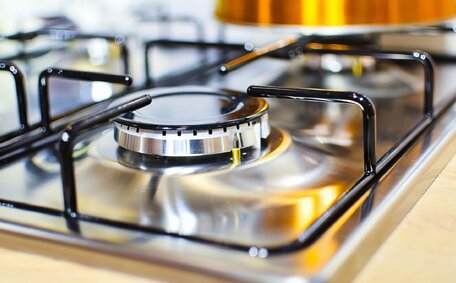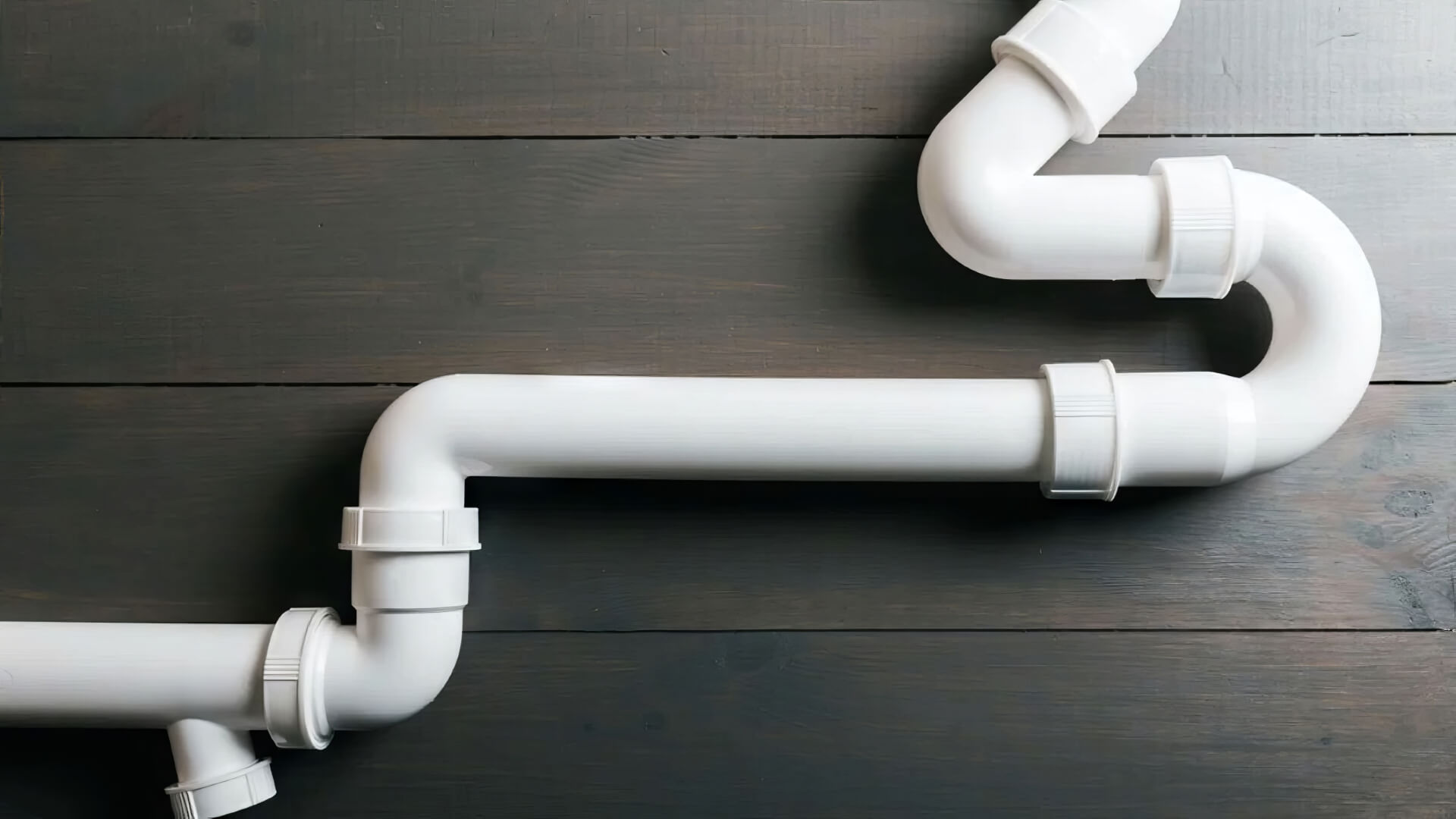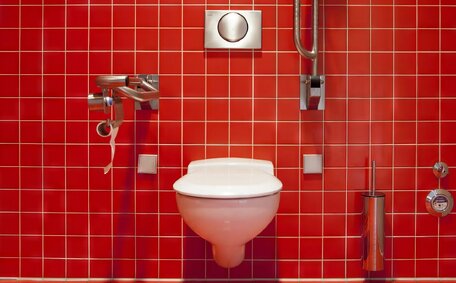Introduction to Hot Water Systems
p>p>p>p>p>
Average Lifespan of a Hot Water System
The average lifespan of a hot water system in Australia is between 8 to 12 years. However, several factors influence exactly how long a hot water system will last before needing repair or replacement:
- Water quality - Hard water causes more buildup and corrosion inside the tank, shortening its lifespan.
- Water pressure - Consistently high water pressure stresses components.
- Usage patterns - Frequent use and high hot water demand wears parts faster.
- Water temperature - Systems set to higher temperatures age quicker.
- Regular maintenance - Replacing anodes, flushing tanks, etc. extends lifespan.
- Installation quality - Poor installation causes premature failure.
- Brand/model - Quality and durability varies between brands.
With proper installation, maintenance and water conditions, some systems can last up to 15 years. But for average households, hot water systems should be inspected after 8-10 years and budgeted for replacement at 12 years old.
Warning Signs of a Failing Hot Water System
There are several clear warning signs that indicate your hot water system may be failing and in need of repair or replacement:
- Rusty or Discoloured Water - If you notice rust-coloured water or sediment coming from your hot water taps, it likely means the interior of the tank is corroding and rusting. This contaminates the water supply.
- Inconsistent Water Temperature - If you experience fluctuating hot water temperatures or it takes much longer for hot water to reach the faucets, the heating mechanisms may be failing.
- Strange Noises - Unusual rumbling, banging or popping noises from the hot water system could indicate issues like sediment buildup or failing components.
- Visible Leaks - Leaking tanks or fittings, or water pooling under the hot water system indicates cracks, breaks, loose connections or corrosion.
- Rotten Egg Smell - An unpleasant sulphur-like odour often means bacteria growth inside the tank due to corrosion.
- Yellow Flame - If your gas hot water system has a yellow or orange pilot light flame rather than crisp blue, it likely needs servicing.
If you notice any of these warning signs, contact a licenced plumber to inspect your system right away. It’s often much cheaper to fix issues early before catastrophic failure happens.
Rust Colored or Dirty Water
One of the clearest early warning signs of a failing hot water system is rust-coloured or dirty water coming out of your hot water taps. This discoloration is caused by rust and sediment that has built up inside the tank and is now being released into the water supply.
Rusting on the interior surface of the tank is an indication that corrosion is occurring. As metal components corrode, they leave behind rust deposits that will flake off over time. The source of the corrosion is often a damaged sacrificial anode rod that is no longer protecting the tank from corrosion damage.
Dirty or cloudy water, sometimes with visible sediment, can also be caused by loose scale buildup inside the tank breaking free. Hard water minerals and calcium deposits form scale on the interior of the tank. As corrosion occurs, these mineral deposits dislodge and contaminate the water.
Rusty or dirty water coming from the hot water taps means the tank interior has severe corrosion issues that will continue to worsen. But once you notice contaminated hot water, the damage is often too far gone, necessitating a full hot water system replacement to address the problem.
Replacing the sacrificial anode regularly can help delay internal rusting.
Inconsistent Water Temperature
Fluctuating or inconsistent hot water temperature from your taps is a telltale sign of issues with your hot water system.
Hot water systems are designed to heat water to a set temperature before sending it to your home’s taps. However, as systems age and components fail, they become less capable of properly regulating water temperature.
You may experience the following symptoms:
- Hot water that is hotter or colder than your normal setting
- Water temperature that spikes up and down
- Long wait times for hot water to reach faucets
- Inability to sustain hot water flow, especially with multiple taps running
These inconsistent water temperatures indicate that the gas burner or electric heating elements are no longer functioning optimally. Sediment buildup around components can inhibit proper heat transfer. Failing thermostats and heating mechanisms lead to uncontrolled fluctuations.
If your hot water temperatures are unpredictable, it’s a clear sign repairs or replacements are needed. Continuing to use an unreliable system puts you at risk of scalding or running out of hot water during showers.
Strange Noises
If you start hearing strange noises coming from your hot water system, this is a warning sign that something is wrong and service is required.
Some of the concerning sounds you may notice include:
- Rumbling or gurgling noises caused by sediment accumulation in the tank. This debris can obstruct water flow.
- Banging or hammering noises from water pipes due to high water pressure or wear and tear.
- Hissing sounds indicating a leak of gas or water.
- Loud popping or crackling noises signalling electrical arcing or fizzing from calcium buildup in electric heating elements.
- Screeching, grinding or vibrating from a failing pump or motor.
The specific sound can help determine where the issue originates.
For instance, rumbling in the tank versus banging in the pipes. For instance, rumbling in the tank versus banging in the pipes. The unusual sounds are often caused by sediment, corrosion, or components wearing out.
Ignoring strange noises may lead to bigger problems down the line. Catching issues early by contacting a licenced plumber can help avoid complete system failure. Strange noises coming from your hot water system should never be overlooked.
Water Leaks
Visible water leaks from your hot water system are a clear indication that repairs are needed. Water leaks signal that the tank or internal components have cracks, breaks, loose fittings or corroded seals.
Common places you may notice water leaks include:
- Dripping water from pipe connections
- Pooling water under the hot water unit
- Moisture around the base of the tank
- Water dripping from the pressure relief valve
- Low water pressure at taps
Even small leaks that drip slowly over time should not be ignored. The dripping water indicates a problem that will continue worsening if left unaddressed. Water leaks can cause mould, rotting, damage to surrounding areas and potentially catastrophic component failure.
If you notice any moisture, dripping or pooling water coming from your hot water system, turn off the unit and contact a licenced plumber immediately. Catching leaks early allows for less expensive repairs. Unaddressed leaks often mean the entire system needs replacement.
Rotten Egg Smell
One of the most troubling warning signs of an issue with your hot water system is an unpleasant "rotten egg" smell coming from the hot water itself or the area around the hot water unit. This offensive odour is caused by hydrogen sulphide gas produced by sulphate-reducing bacteria inside the tank.
As the tank corrodes over time, small holes and gaps form, allowing bacteria to enter.
These bacteria feed on the magnesium in the tank’s sacrificial anode rod, producing hydrogen sulphide gas as a byproduct. The gas builds up inside the tank and is released when you turn on the hot water, smelling strongly of rotten eggs.
This bacteria growth and rotten egg smell indicates your tank is corroding rapidly and needs to be inspected by a licenced plumber. But once you notice the rotten egg odour, the interior corrosion is usually too severe, requiring a full system replacement to eliminate the problem.
They can test the anode rod and look for holes where bacteria entered. Replacing the anode regularly can help prevent bacteria.
Yellow Flame
Gas-powered hot water systems have a pilot light that ignites the burner to heat the water. This small pilot light flame should burn crisp blue. If the flame turns yellow or orange, this often indicates a problem with your hot water system.
A yellow pilot light flame signifies:
- Dirt or debris buildup - Impurities in the line can cause incomplete gas combustion.
- Insufficient oxygen - Restricted air flow results in a starved yellow flame.
- Moisture contamination - Small amounts of water vapour also produce a yellow flame.
- Faltering gas pressure - If gas pressure is too low, the flame grows yellow.
This yellow flame indicates your hot water system needs adjustment and servicing to correct these issues. Continuing to operate your system with a yellow pilot risks havoc heating, carbon monoxide risks and potential component failure down the line.
Have a licenced gas fitter inspect your system right away if you notice anything but a crisp blue pilot flame. With early attention, the cause is often an easy fix. But ignoring a yellow flame can lead to catastrophic and dangerous breakdowns over time.
When to Call a Professional
p>p>p>p>p>p>p>p>
Replacement Options
p>p>p>p>p>p>p>p>p>p>p>p>
Regular Maintenance






